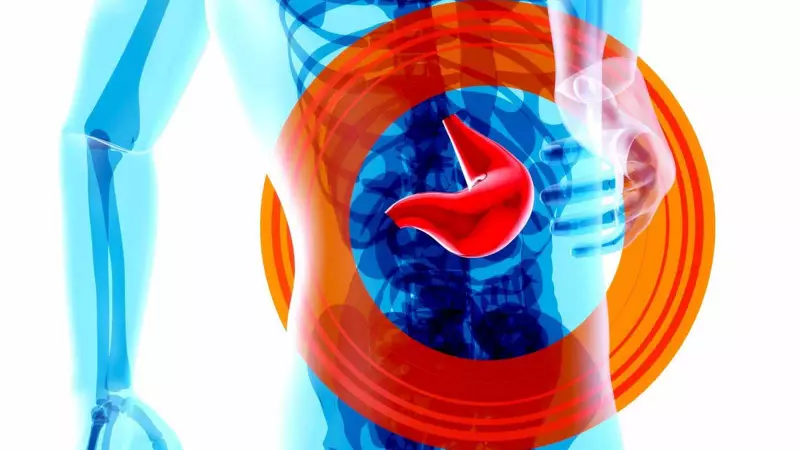
For years, one patient's life revolved around a terrifying pattern: every single meal became a race against time, followed by immediate, painful bowel movements and debilitating diarrhoea. This relentless cycle continued for years, with multiple doctors struggling to pinpoint the exact cause of this distressing gastrointestinal nightmare.
The Endless Search for Answers
The patient endured countless medical consultations, various tests, and numerous treatment attempts, yet the mysterious condition persisted. Each meal brought not nourishment but dread, as the body reacted violently to whatever entered the digestive system. The quality of life deteriorated significantly, with social gatherings, work commitments, and daily routines becoming constant sources of anxiety.
The Breakthrough Diagnosis
After years of suffering and medical dead-ends, specialists finally identified the culprit: a surprisingly common gut health problem that often goes undiagnosed or misdiagnosed. The condition, while prevalent in many populations, had manifested in such an extreme manner that it baffled even experienced gastroenterologists.
Symptoms That Shouldn't Be Ignored
- Immediate bowel urgency following meals
- Chronic diarrhoea and abdominal pain
- Food-related anxiety and social isolation
- Multiple failed treatment approaches
- Years of undiagnosed digestive distress
A New Lease on Life
With the correct diagnosis finally in hand, doctors were able to implement an effective treatment plan. The patient began experiencing remarkable improvement, breaking the cycle of pain and discomfort that had dominated their life for so long. The transformation was nothing short of life-changing, restoring normalcy to daily activities and meal times.
Why Diagnosis Took So Long
Medical experts explain that such delayed diagnoses occur because digestive symptoms often overlap across multiple conditions. The specific pattern of post-meal bowel movements, while extreme in this case, can be attributed to several common gastrointestinal disorders that require specialized testing and expert evaluation to distinguish.
This case highlights the importance of persistent medical investigation and seeking specialized care when common treatments fail. For millions suffering from unexplained digestive issues, this story offers hope that even the most perplexing gut health mysteries can eventually be solved with proper medical attention and diagnostic perseverance.






